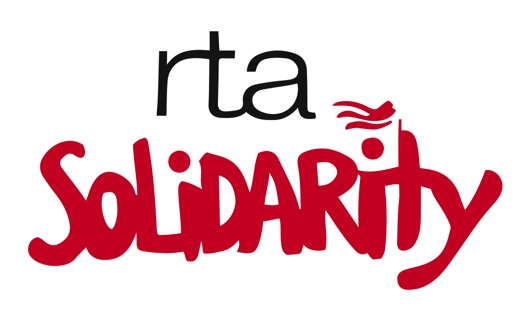By KATE TAYLOR

Eva S. Moskowitz, the founder and chief executive of Success Academy Charter Schools, shown last year, said in a statement on Wednesday, “In the midst of a widely recognized teacher shortage, SUNY’s vote today ensures that kids of color will have access to great teachers and exceptional educational outcomes.”CreditGeorge Etheredge for The New York Times
The State University of New York took a step on Wednesday that will make it easier for some charter schools to hire teachers.
The charter schools committee of SUNY’s Board of Trustees voted to approve regulations that will allow some schools to design their own teacher-training programs and certify their own teachers.
The proposal had been criticized by opponents of charter schools, including teachers’ unions, and others. But proponents of the regulations said that they were needed to allow the schools to broaden the pool of candidates.
“In the midst of a widely recognized teacher shortage, SUNY’s vote today ensures that kids of color will have access to great teachers and exceptional educational outcomes,” Eva S. Moskowitz, the founder and chief executive of Success Academy Charter Schools, wrote in a statement on Wednesday.
SUNY is one of two entities in the state that can grant charters, and the charter schools it oversees include the state’s highest-performing ones. This year, 88 percent of SUNY-authorized charter schools outperformed their districts on the state math tests, and 83 percent outperformed their districts on the state reading tests. Students at Success Academy, which is authorized by SUNY, outperformed not only students in New York City’s traditional public schools but those in every other district in the state.
Ms. Moskowitz, whose network is expanding rapidly and faces difficulty in recruiting enough teachers, was seen as having a hand in the political deal that led to the new regulations. In 2016, in exchange for granting Mayor Bill de Blasio an extension of mayoral control over schools, the Republicans in the State Senate, to whom Ms. Moskowitz has close ties, inserted broad language in the legislation giving SUNY the power to promulgate regulations for the schools it oversees.
In recent days, SUNY increased the number of hours of classroom instruction that teacher candidates must receive under the proposed plan, from 30 to 160 hours, and decreased the number of hours of teaching practice they must complete, from 100 to 40 hours. The changes seemed partly designed to address the criticism of the state education commissioner, MaryEllen Elia, who said of the original proposal, “I could go into a fast-food restaurant and get more training than that.
In the wake of the vote, Ms. Elia and Betty A. Rosa, the chancellor of the Board of Regents, released a statement saying, “This change lowers standards and will allow inexperienced and unqualified individuals to teach those children that are most in need” and called the change “an insult to the teaching profession.” (The Board of Regents itself voted last month to make it easier to pass one of the state’s certification exams.)
Kate Walsh, the president of the National Council on Teacher Quality, expressed ambivalence about the regulations.
“What we’re doing now to prepare teachers is so broken that I don’t really have a problem with a group of high-performing schools saying, ‘We can do this better on our own,’” she said.
But she was unimpressed by the certification requirements.
“It’s, ‘Here, we’ll make our candidates go out and take, what is this, a three-credit course that everybody will roll their eyes and say, “This isn’t very helpful,” but higher ed will get the dollars, so you get higher ed off your back,’” Ms. Walsh said. At the same time, she said, “I don’t understand how you justify reducing the practice time to 40 hours, which is not even two weeks of school.”
Certifications earned under these regulations will only be valid at charter schools authorized by SUNY, so teachers who want to transfer to other charters or to traditional public schools will need to take additional steps to earn a conventional state certification.
Michael Mulgrew, the president of the United Federation of Teachers, the city teachers’ union, had urged the members of the charter schools committee on Wednesday morning to reject the regulations, which he said would lower standards for charter schoolteachers, and promised to sue if the new regulations were approved.
